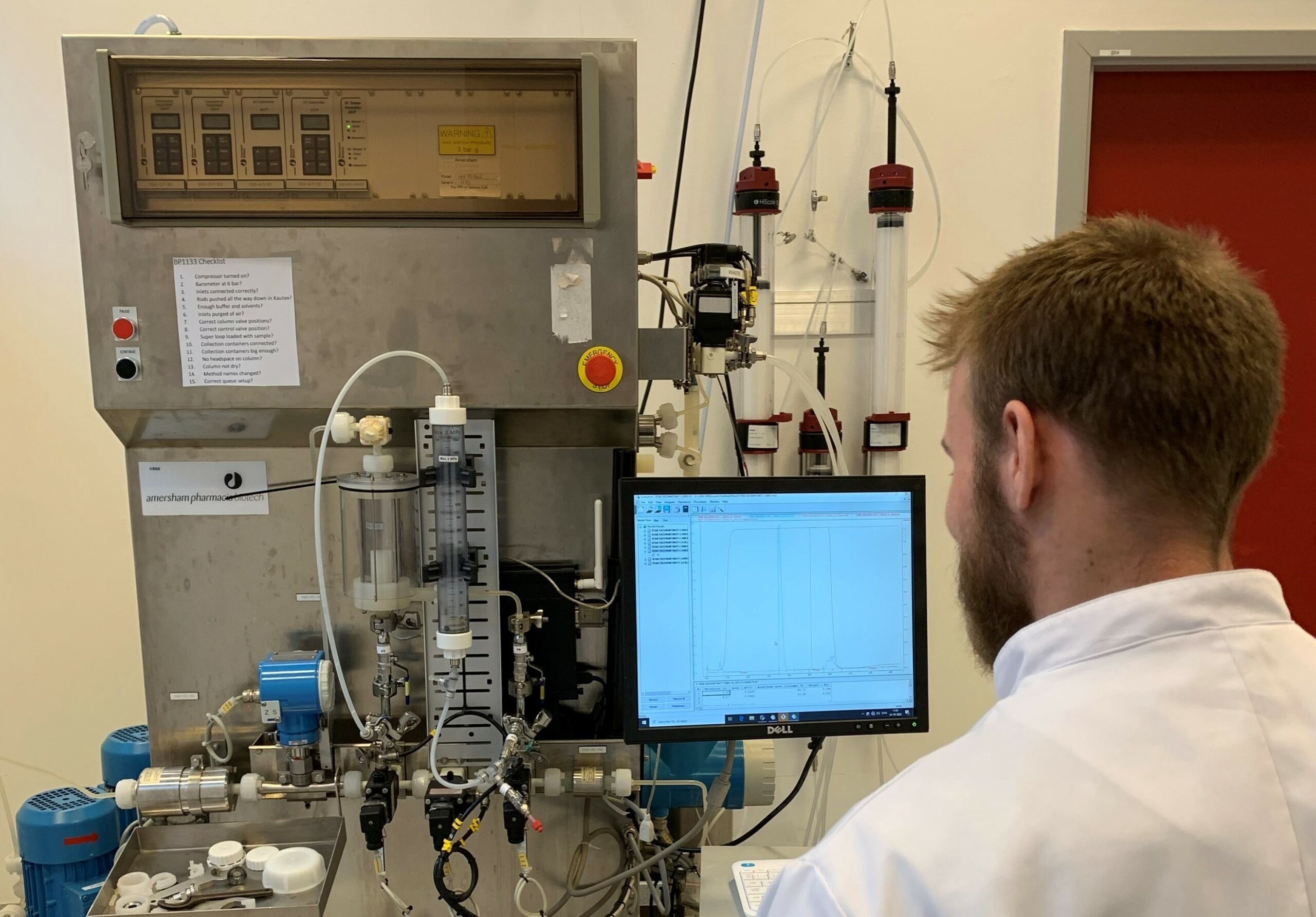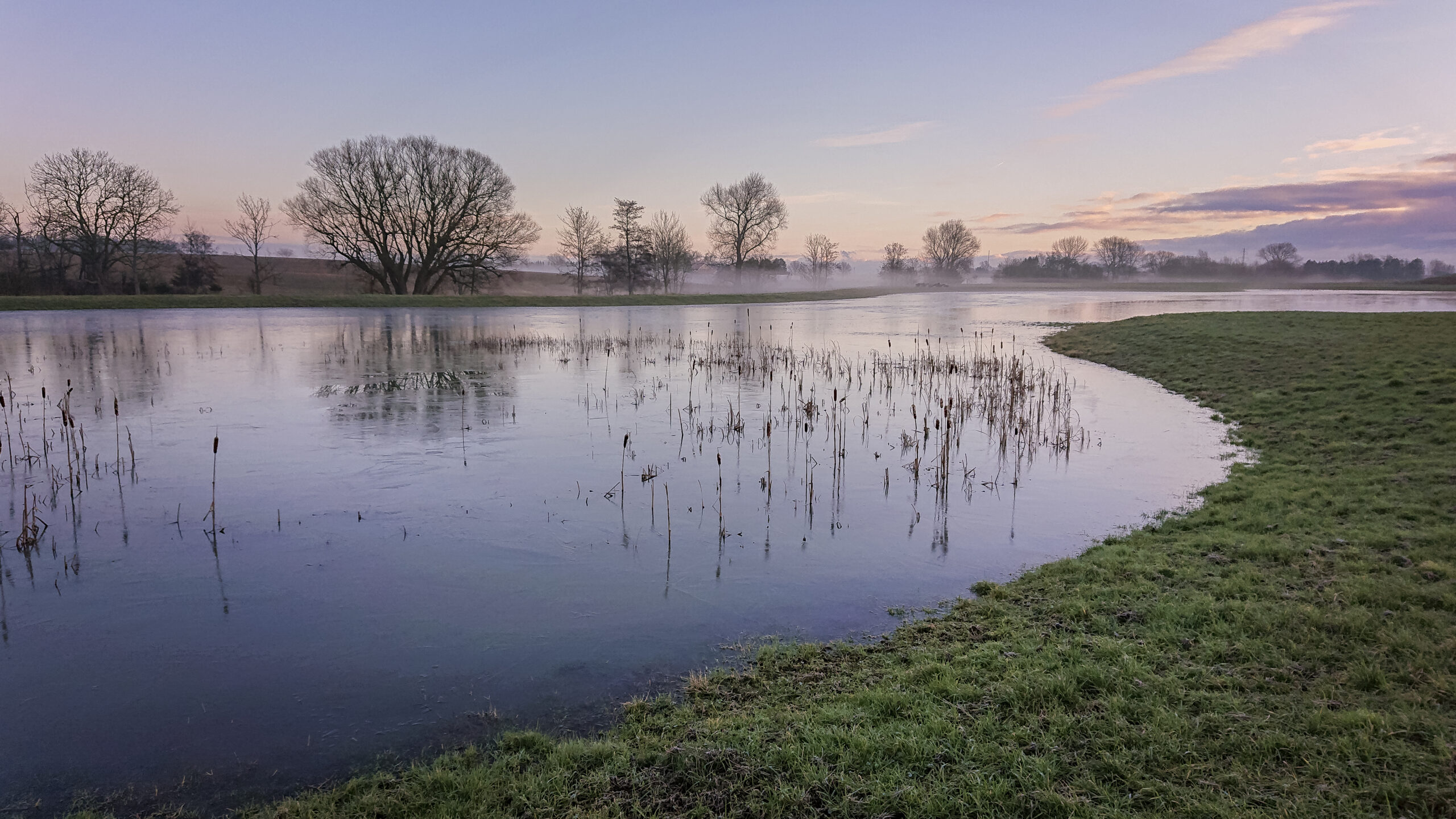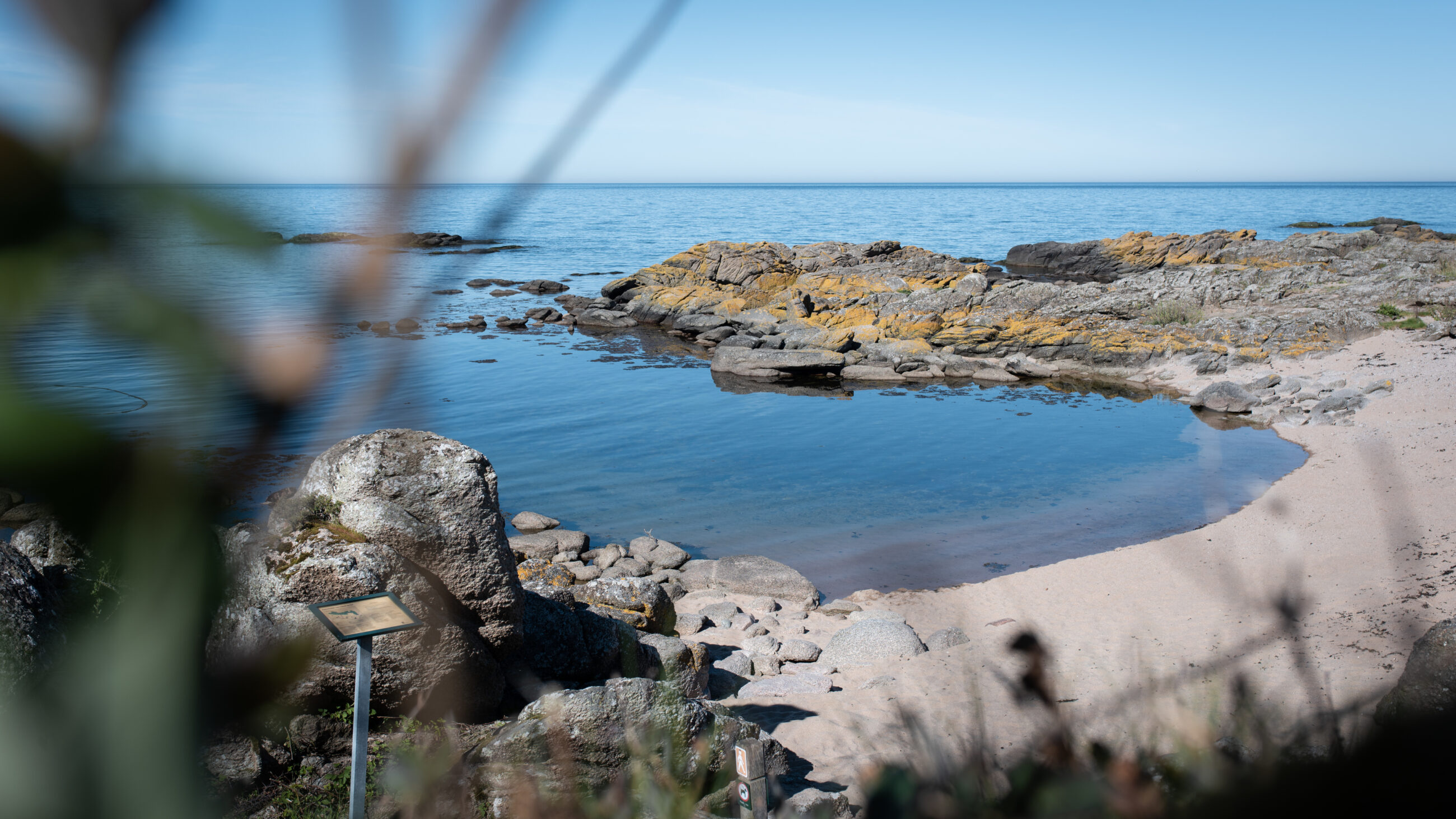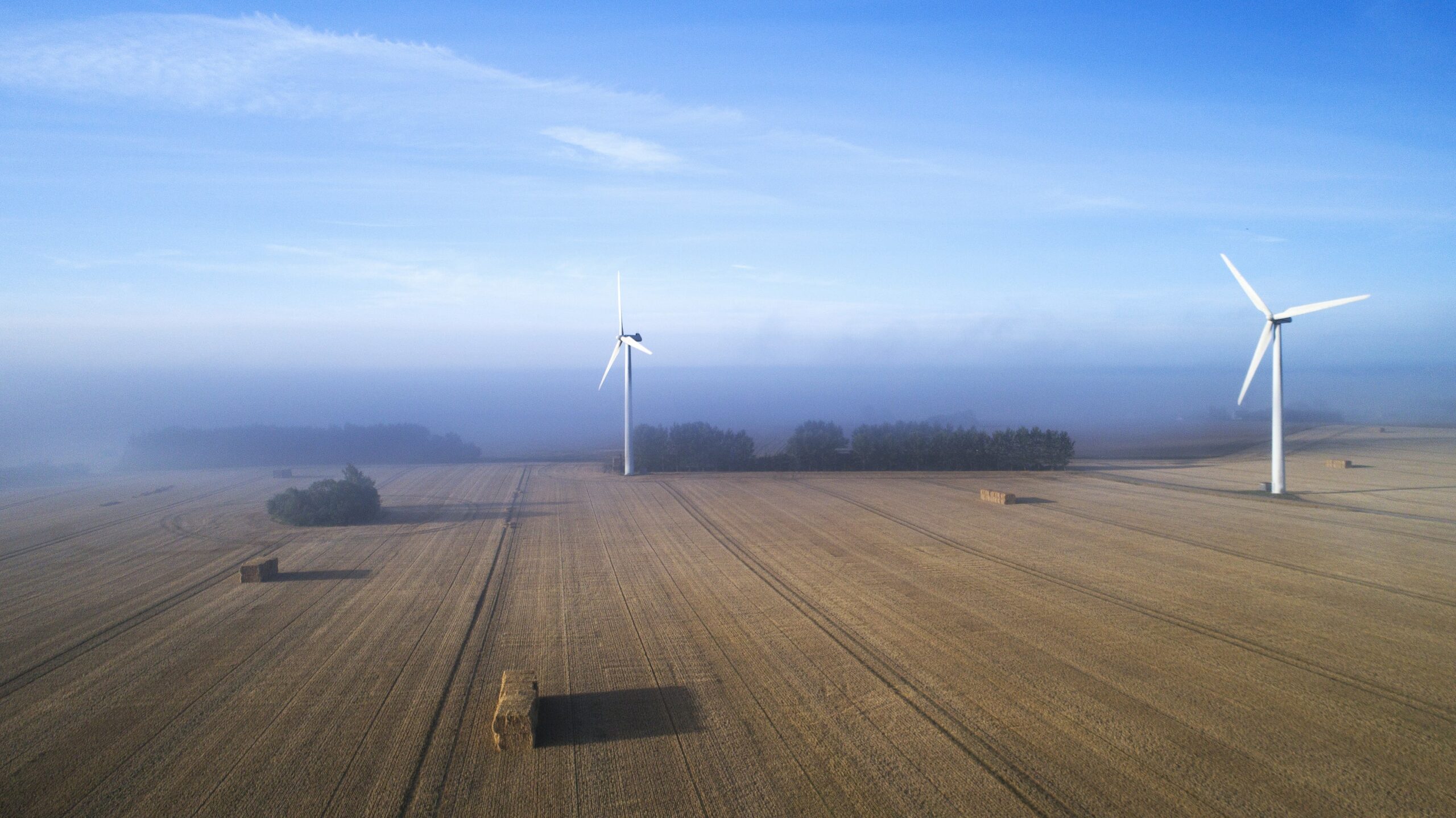News
Recycling of waste to material
Waste management
Surplus CO2 from agricultural production reused to carbonate soft drinks
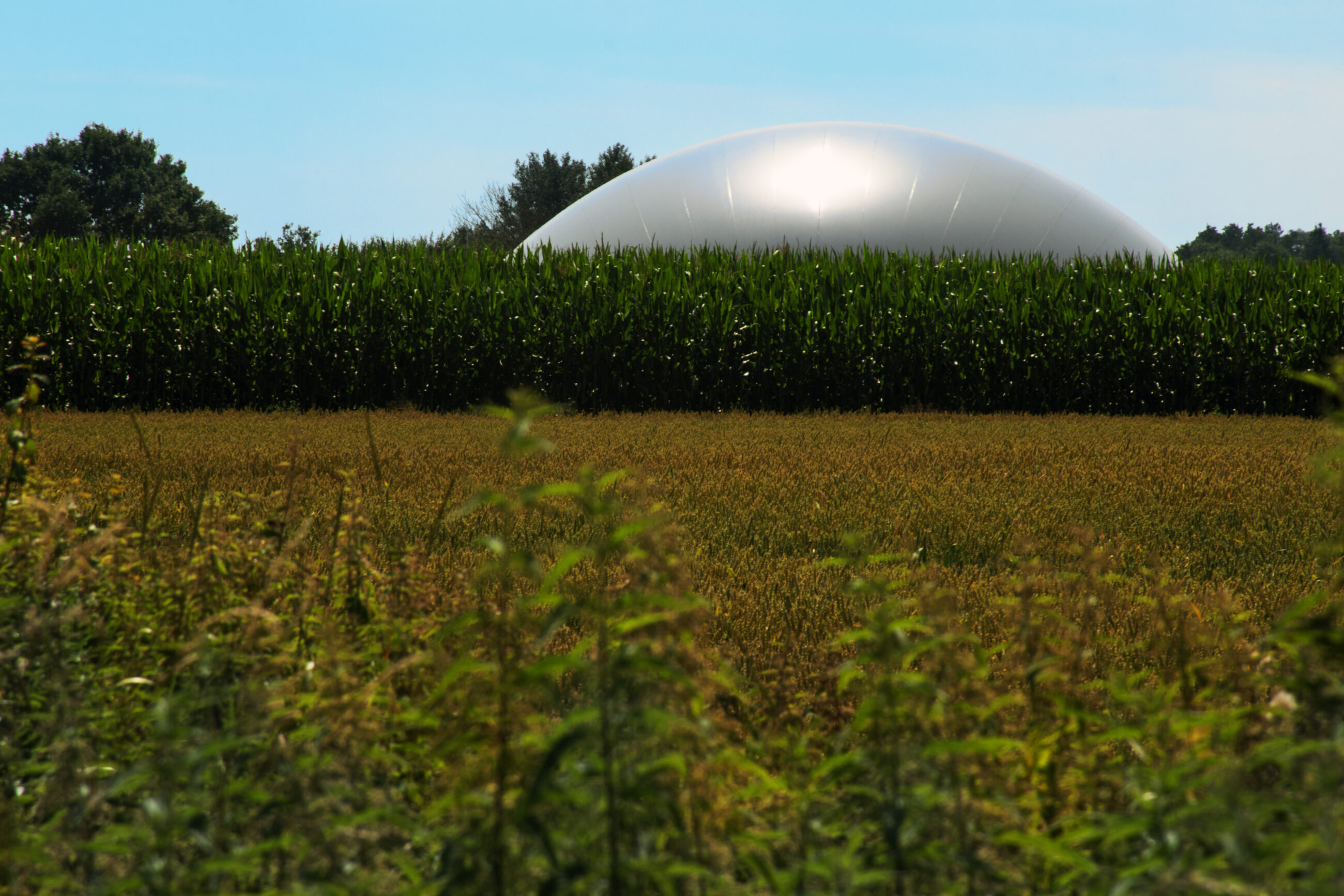

When a biogas plant transforms food and agricultural residues into biogas, 60 percent of the organic material is converted into energy and 40 percent into CO2. Up until now, it has been difficult to use the remaining CO2 and it is typically sent back into the atmosphere. Therefore, two Danish companies, Nature Energy, which owns the biogas plant, and Strandmøllen A/S collaborate to use the excess CO2.
Consequently, when the world’s largest biogas plant in Esbjerg is completed, Strandmøllen A/S will be constructing one of the world’s first CO2 plants at the same location. The CO2 plant will make it possible to purify and condense the excess CO2 from the biogas plant. Moreover, it will be able to handle more than 1 million tonnes of food scraps and residuals from agricultural production.
-Related news: Denmark’s first organic biogas plant inaugurated
“If we want to continue being a leading green nation and reach the Paris Agreement’s goals, we must reduce our CO2 emissions as well as bind the CO2 that is already circulating in a more efficient manner. When the construction of the biogas plant is completed, we will take 40 percent of the CO2 that normally would have been released into the atmosphere and use it as carbon dioxide in sodas. This means that we will produce significantly less carbon dioxide from fossil energy, thereby enhancing our chance of becoming economic, environmental and climate winners”, said Ole Hvelplund, Managing Director at Nature Energy.
Green carbon dioxide in Denmark
The cooperation between the two companies is the first to produce green carbon dioxide in Denmark. The initiative originated due to a summer where several European beer and soda producers were threatened by a general lack of CO2 in Europe.
For several years, Strandmøllen A/S has been studying decontamination of CO2 from biogas plants. The decontamination of CO2 means that it has been through a high quality cleaning process and as a result, it can be used for food production, dry ice and welding among other things.
-Related news: Designing the largest organic biogas plant in Denmark
The CO2 plant in Esbjerg can produce up to 25 percent of the yearly Danish CO2 consumption. Every year, Denmark imports 65,000 tonnes of CO2 and the imported CO2 is produced with fertilisers based on fossil nature gasses. The biogas plant will be able to produce 36.1 million cubic metre of biogas and green fertilisers, which can cover an area of 22,000 hectares, corresponding to 31,430 football fields.
It is expected that the biogas plant in Esbjerg will be finished in the beginning of 2019 and that the CO2 plant will be delivering its first bottles of carbon dioxide by the summer of 2019.
Source: Nature Energy
